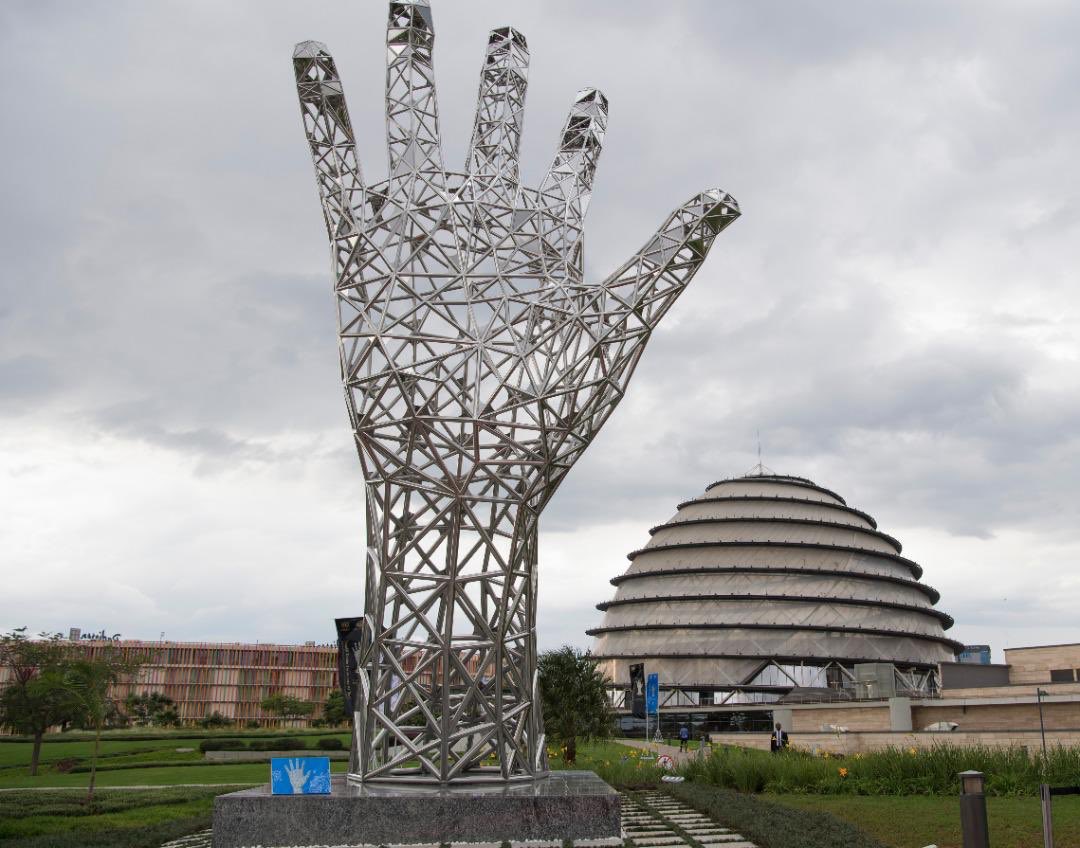Africa’s Anti-Corruption Drive: A Strategic Pillar for Sustainable Growth
In Africa, the picture is especially grim: corruption costs the continent roughly 25% of its GDP every year, gravely undermining governance, stalling investments, and exacerbating inequality.

- Country:
- Ivory Coast
Corruption continues to be a serious global challenge, hindering economic and social progress. According to the United Nations Office on Drugs and Crime (UNODC), corruption is the greatest obstacle to development worldwide. Annually, an estimated $1 trillion is paid in bribes, while approximately $2.6 trillion—over five percent of global GDP—is stolen through corrupt practices. In Africa, the picture is especially grim: corruption costs the continent roughly 25% of its GDP every year, gravely undermining governance, stalling investments, and exacerbating inequality.
This context has placed the fight against corruption at the heart of Africa's development agenda. Recognizing the critical link between transparency and growth, the African Development Bank (AfDB) has intensified efforts to root out corruption and reinforce governance structures across the continent. This is especially relevant as the 2025 Annual Meetings of the Bank adopt the theme, “Making Africa’s Capital Work Better for Africa’s Development.” For the Bank’s leadership, corruption is not just a financial crime—it is a threat to Africa’s future. As President Akinwumi Adesina aptly puts it, “Corruption does not invest in the future, it kills the future.”
A Multidimensional Strategy: From Policy to Action
The African Development Bank is deploying a multi-pronged strategy to address the scourge of corruption. The cornerstone of this approach lies in reinforcing economic governance, improving transparency, and ensuring accountability. The Bank’s strategy is not only theoretical; it is backed by tangible instruments that span short-, medium-, and long-term horizons.
Ten-Year Strategy 2024–2033
Central to this agenda is the Ten-Year Strategy 2024–2033, which places the enhancement of economic governance and anti-corruption at its core. The strategy underlines the importance of institutional integrity as a prerequisite for sustainable development and effective public service delivery.
2025–2026 Action Plan for Anti-Money Laundering
To curb the illicit outflow of funds, the Bank is also rolling out the 2025–2026 Action Plan for Anti-Money Laundering and Combating Illicit Financial Flows. This initiative is designed to bolster regulatory frameworks, improve the transparency of beneficial ownership, and enhance the monitoring and enforcement capacities of African states.
Upcoming Anti-Corruption Action Plan (2025–2030)
Currently under development, the 2025–2030 Anti-Corruption Action Plan aims to deepen the Bank’s interventions by concentrating on strengthening oversight institutions, improving transparency in public procurement, empowering citizen participation, and fostering cross-border cooperation.
Operationalizing Governance: Tools for Reform
Governance reform is embedded in the Bank’s core operations. Before approving funding or support, AfDB applies tools such as the Country Policy and Institutional Assessments (CPIA) and Country Fiduciary Risk Assessments (CFRA) to evaluate corruption risks and institutional vulnerabilities. These assessments guide tailored reform measures and policy dialogue with governments.
National-Level Examples
-
Côte d’Ivoire: The AfDB supported the creation of a National Anti-Corruption Strategy, and aided in updating the legal framework for transparency and integrity.
-
South Sudan: Recognizing the need for institutional capacity, the Bank facilitated training sessions for the national anti-corruption agency.
-
Egypt: The Bank worked to reinforce the capabilities of the Administrative Control Agency, particularly its investigative and oversight functions.
Collaborating for Asset Recovery
The African Development Bank is a vocal advocate of cross-border cooperation in tackling corruption. It plays a leading role in the implementation of the Common African Position on Asset Recovery (CAPAR), promoting a unified framework for the return of illicitly acquired wealth to African countries.
The Bank also supports the African Asset Recovery Practitioners Forum and collaborates with key partners like the African Union, UNODC, and Germany’s GIZ. Through initiatives like the ABENOT (African Beneficial Ownership Transparency) network, the Bank enhances beneficial ownership transparency, a crucial element in identifying and prosecuting financial crimes.
Integrity, Oversight, and Enforcement
An integral part of the Bank’s framework is the Office of Integrity and Anti-Corruption (PIAC), which is tasked with enforcing integrity in the Bank’s operations. PIAC conducts independent investigations, sanctions violators, and performs integrity reviews on high-risk operations. Notably, in 2020, a total of 155 entities were debarred under the Agreement for Mutual Enforcement of Debarment Decisions, demonstrating AfDB’s resolve in promoting clean financing.
Promoting Inclusive and Citizen-Led Governance
AfDB recognizes that corruption disproportionately affects the most vulnerable groups—especially women, youth, and marginalized communities. As such, the Bank promotes inclusive governance models, ensuring these populations are part of decision-making and oversight mechanisms. It encourages active participation by civil society, investigative journalists, and the private sector, particularly in public finance transparency and social accountability.
The Way Forward: A Collective Responsibility
While institutions and policies are crucial, the fight against corruption in Africa is ultimately a collective endeavor. Governments, civil society, regional organizations, and citizens all have roles to play in uprooting corrupt practices and ensuring a future built on fairness, equity, and sustainable growth.
As Africa looks to unlock the full potential of its capital—financial, human, and natural—the fight against corruption must remain a central pillar of the development agenda. Through coordinated action, robust oversight, and unwavering commitment, the continent can ensure that its resources serve the many, not the few.










